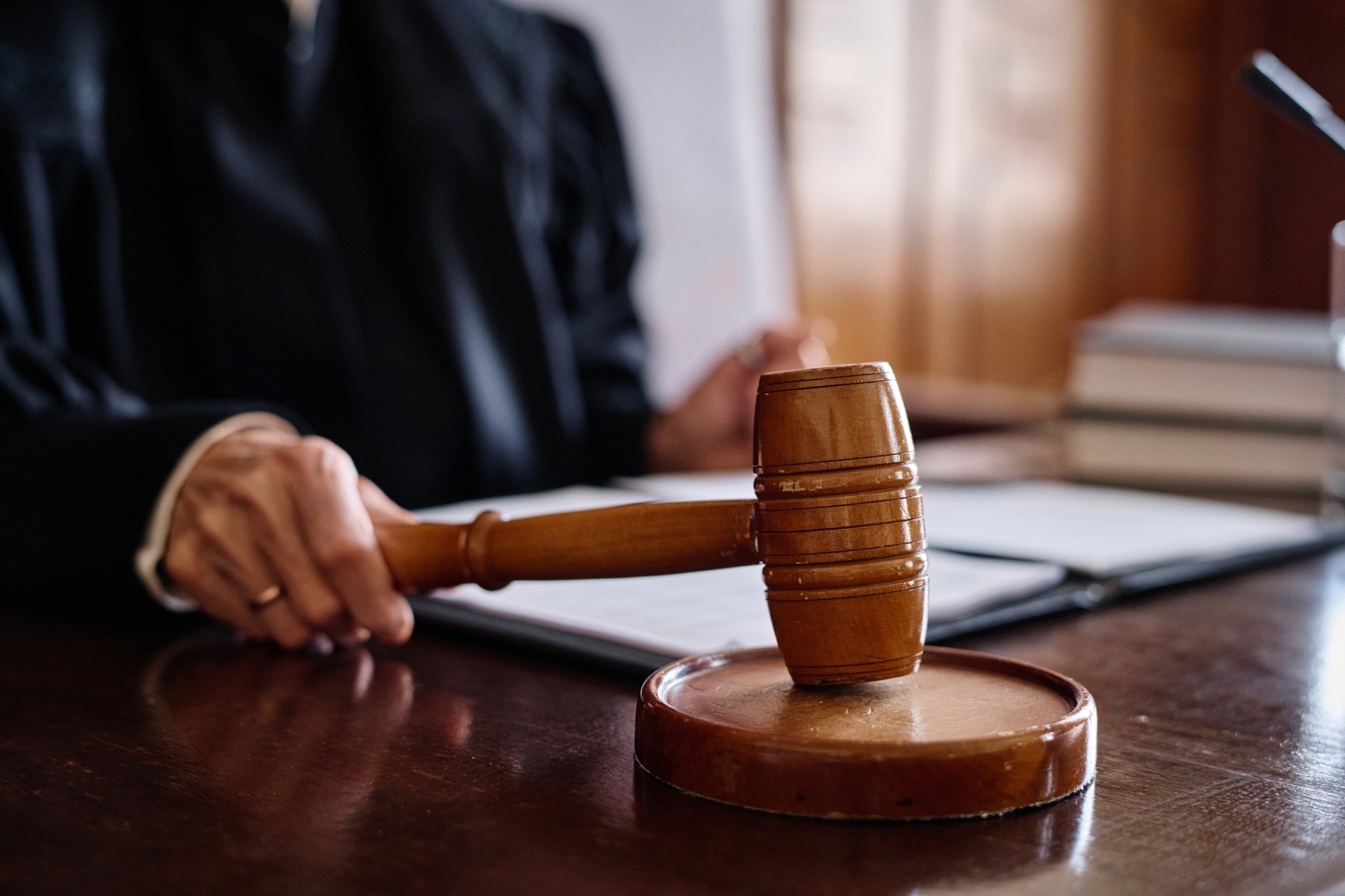A surge in pseudolaw cases, now amplified by generative AI, is overwhelming Australia’s courts and undermining trust in democratic institutions, raising urgent calls for better legal literacy and civic education.

Research: Pseudolaw and the illusion of legal meaning. Image Credit: AnnaStills / Shutterstock
The Australian legal system is grappling with a disruptive new movement that is not only tying up the courts, councils, and police, but also posing an unprecedented threat to democracy.
The Rise of Pseudolaw
In a new paper published in the Alternative Law Journal, UniSA Associate Professor of Law Joe McIntyre documents the rapid rise of pseudolaw – false legal theories that mimic the language and rituals of the law but without any real substance.
Examples include 'Bunnings Karen' citing Magna Carta to avoid a mask mandate during the COVID-19 pandemic; motorists using pseudo arguments to contest the legality of speeding tickets; and litigants accusing judges of treason and witchcraft.
Common claims include insisting that courts lack authority because the wrong coat of arms is displayed, or that an individual is a "natural person" and immune from legal obligations.
Characterised by so-called Sovereign Citizens who question authority, embrace conspiracy theories and co-opt legal language to create an 'alternative' legal universe, pseudolaw cases have proliferated since COVID, now numbering hundreds of cases in NSW alone in the past six months.
Pseudolaw Meets AI
Assoc Prof McIntyre says the rise of the pseudolaw movement – often likened to a cult – overlaps with the increasing use of generative artificial intelligence (AI), threatening the justice system.
"At its heart, pseudolaw mistakes the form of legal argument for its substance. It uses archaic language, ceremonial rituals and legal-sounding jargon to create the illusion of meaning – an illusion that can be both compelling and deeply disruptive," according to Assoc Prof McIntyre.
"It is also beginning to intersect with another emerging phenomenon – the widespread use of GenAI and particularly large language models in a manner that is particularly alarming."
Litigants are increasingly using these language models to generate written legal responses as well as oral submissions to the bench in real time.
"In both cases the public is engaging with inherently complex and inaccessible forms of technology that produce outputs which can look plausible but are far from it."
Impact on the Justice System
Assoc Prof McIntyre warns that the convergence of pseudolaw and AI could "turbocharge" misinformation in courts, overwhelming judges and administrators.
Once on the fringes, pseudolaw cases are now a daily occurrence in Australian law courts, wasting judicial resources and holding up genuine litigation.
"One South Australian judge recently described its impact as having changed the whole face of the civil justice system, noting the strain it places on registries and courtrooms," Assoc Prof McIntyre says.
Legal Literacy and Democratic Risk
The UniSA law lecturer says that pseudolaw thrives because many people feel alienated from the legal system and lack the ability to distinguish genuine law from its imitation.
"To the untrained eye, pseudolegal documents and arguments look authentic. In a system already burdened by archaic language and rituals, it's easy for people to mistake confidence and theatrical performance for competence."
Although pseudolaw can seem absurd – even comical at times – Assoc Prof McIntyre says it has serious consequences for our democracy.
"It is undermining trust in our institutions, threatening judicial officers and harming vulnerable litigants who are misled by websites peddling promises of legal loopholes."
Ironically, it is also a symptom of the existing legal system, which alienates the public due to its use of convoluted language, providing "fertile fields" for misinformation.
"Pseudolaw is forcing us to reflect upon our own legal institutions and how we are contributing to this phenomenon," Assoc Prof McIntyre says.
"The law matters, but so does meaningful public engagement. Pseudolaw is the consequence of 50 years of diminishing access to justice and a chronic underinvestment in civics and legal literacy education. It is time we addressed that."
Source:
Journal reference: